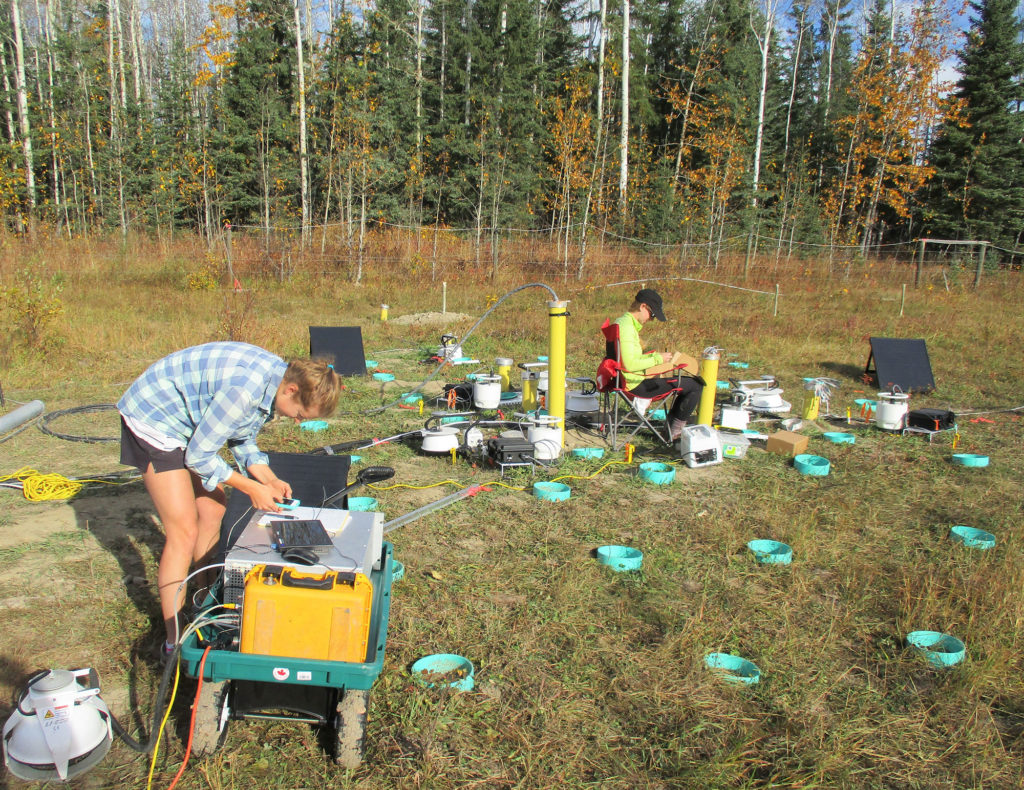
Atmospheric pressure impacts greenhouse gas emissions from leaky oil and gas wells: UBC study
Fluctuations in atmospheric pressure can heavily influence how much natural gas leaks from wells below the ground surface at oil and gas sites, according to new University of British Columbia research.
Oct 18, 2019